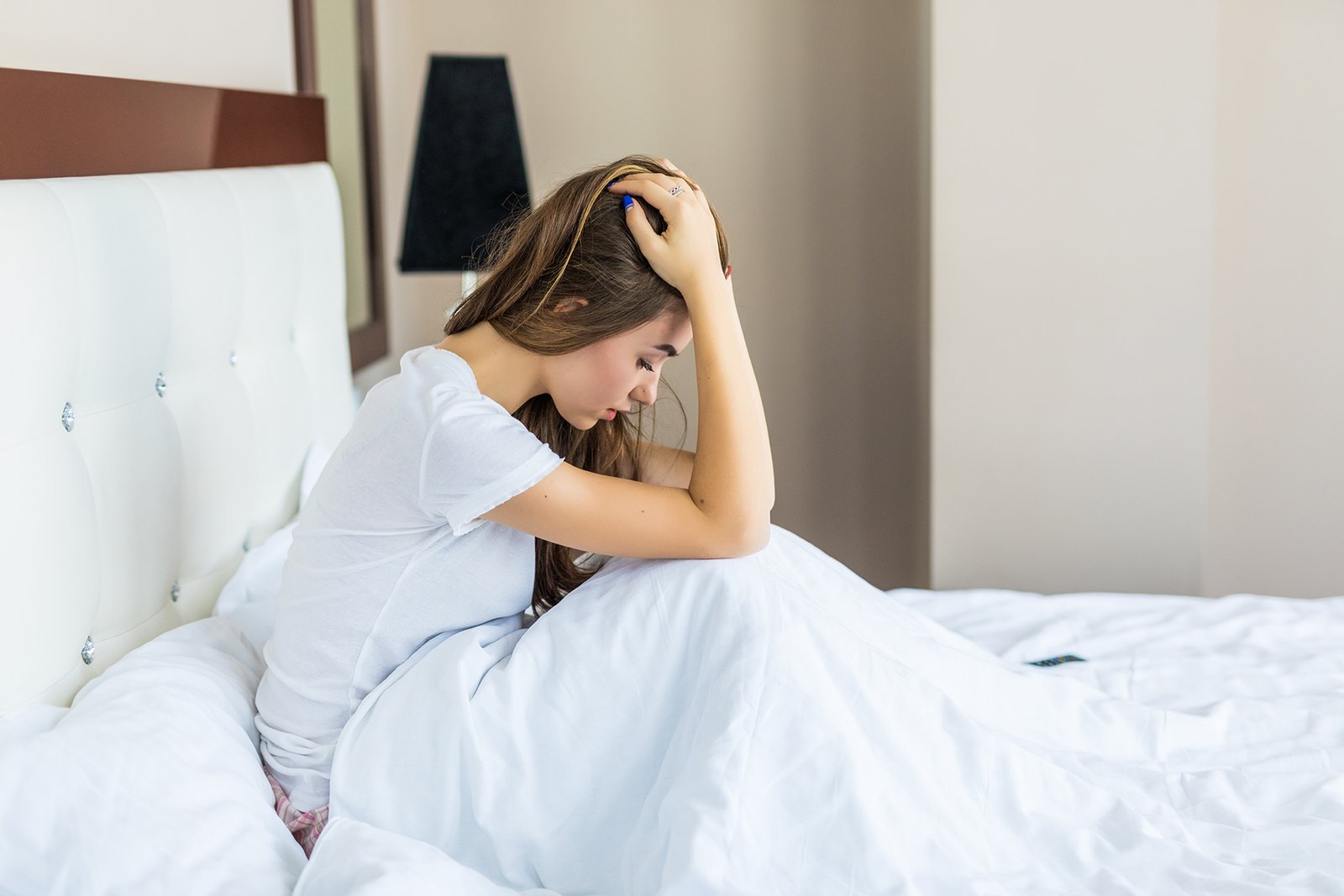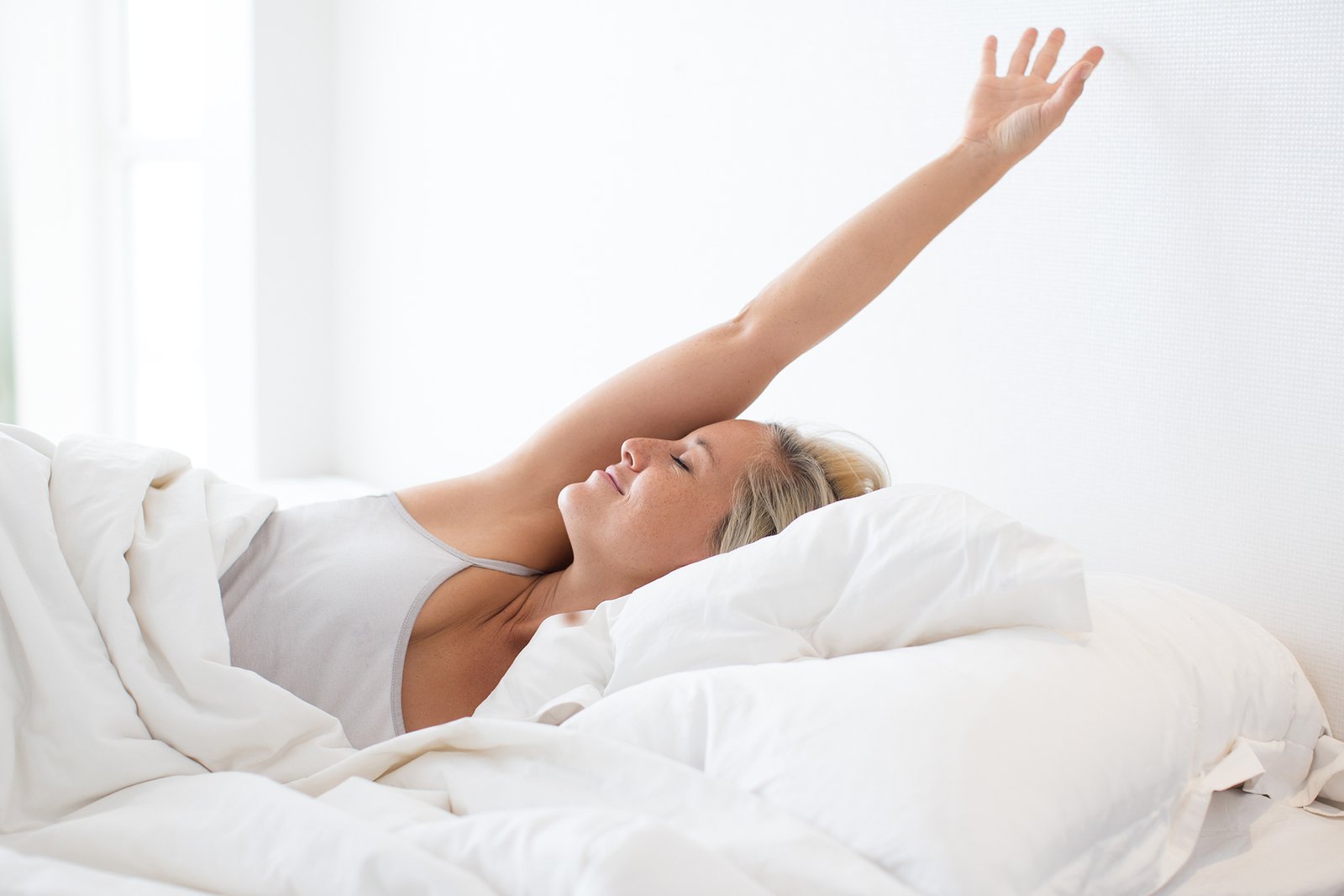Joint hypermobility is when the joints in one, or many, parts of the body are more flexible than what is considered typical. This can be beneficial for many sports including gymnastics and dance, as well as for playing musical instruments. However, it can also be associated with other health concerns including dysautonomia and POTS, scoliosis, gastrointestinal disorders, anxiety, and sleep difficulties. This blog post is to provide some tips in order to improve sleep quality both in hypermobile individuals as well as in the general population.

